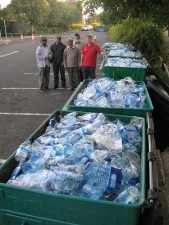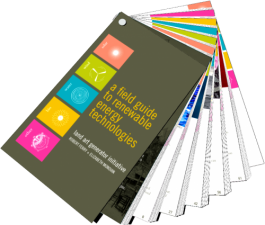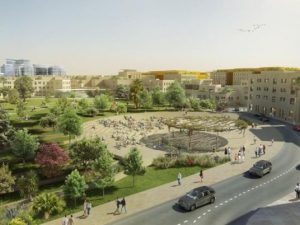 Palestine’s green city attracts new criticism after developers admit they will be replacing 3,000 JNF trees with indigenous olive trees
Palestine’s green city attracts new criticism after developers admit they will be replacing 3,000 JNF trees with indigenous olive trees
Rawabi, Palestine’s first planned and green city was bound be a project full of stumbling blocks. An ambitious plan to help revive the fortunes of the West Bank, it not only had to prove its green credentials but also carefully navigate the identity politics minefield that it is part of the Israel-Palestine conflict. Back in October, Israeli Environmental Minister Gilad Erdan forced developers to cede access to the environmental impact assessment report of the project (although they were not required to do so) and went to criticize the report and threaten to shut down access roads to developers.
In early January, a boycott call was made against 20 Israeli companies assisting the project as they agreed not to use settlement products as part of their contract. Now, in response to criticisms from the Palestinian side for using JNF-sponsered trees, they have decided to replace them with indigenous Palestinian olive trees instead.
Concerns about the use of JNF (Jewish National Fund) trees were first raised by Uri Davies in the Ma’an news site who noted that the aims of the JNF clashed with the aims of the project to reflect Palestinian identity. Palestine’s first green city is a joint initiative between the Qatari government-owned Qatari Diar and Ramallah-based Masser International and insist that the city is a symbol of Palestinian identity.
JNF, which is an Israeli organisation, has previously faced criticism for controversially planting trees in illegal settlements in the West Bank and un-recognised Bedouin lands. In fact, Green Prophet reporter Tafline Laylin highlighted an incident in which Bedouins were accused of cutting down JNF trees in retaliation to them being planted on disputed lands.
Rawabi developers have been careful to champion environmental awareness through green parks, public transportation, waste-water reclamation, alternative energy and extensive tree planting.
Bashar al-Masri, the developer behind Rawabi, told the Jerusalem Post that Israeli elements were trying to ‘manipulate the issue’. The project has previously faced criticisms for insisting that settlement products from the West Bank, East Jerusalem and also the Golan Heights were not allowed to be used.
Israeli companies who agreed to this clause faced a petition to boycott them which was signed by 48 MK’s (Members of Knesset- Israeli parliament) and accused the Israeli companies of selling the “soul of Zionism and national solidarity for a handful of dollars.”
:Image via Bayti
For more on Palestine’s Green City and the JNF see:
Are Bedouins Cutting Down Trees as a Form of Political Protest?
Construction Underway on Rawabi, First Planned Palestinian City
Rawabi: Palestine’s Greenest City or Greenest Wash?




there are many other housing projects , why Rawabi is the focal point? what about the settlments pollutions? why we only take the negative side and make them bigger? how many company deals with Israeli companies made it clear to the public that no whatsoever relation with settlments is a condition ?
I think Rawabi is bold enough to get all that coverage anyway..
Its funny but true, and natural to see all these issues come between time to time. It is the biggest real estate project, the first Palestinian planned city, and it comes in the middle if no peace process , and while settlements are expanding on the Pal lands, so there are many who would not want to see this happening and thats why every time they come up with different complain.. but we have to be proud of such huge very nationalistic project and its huge political and economical impact on the palestinian people